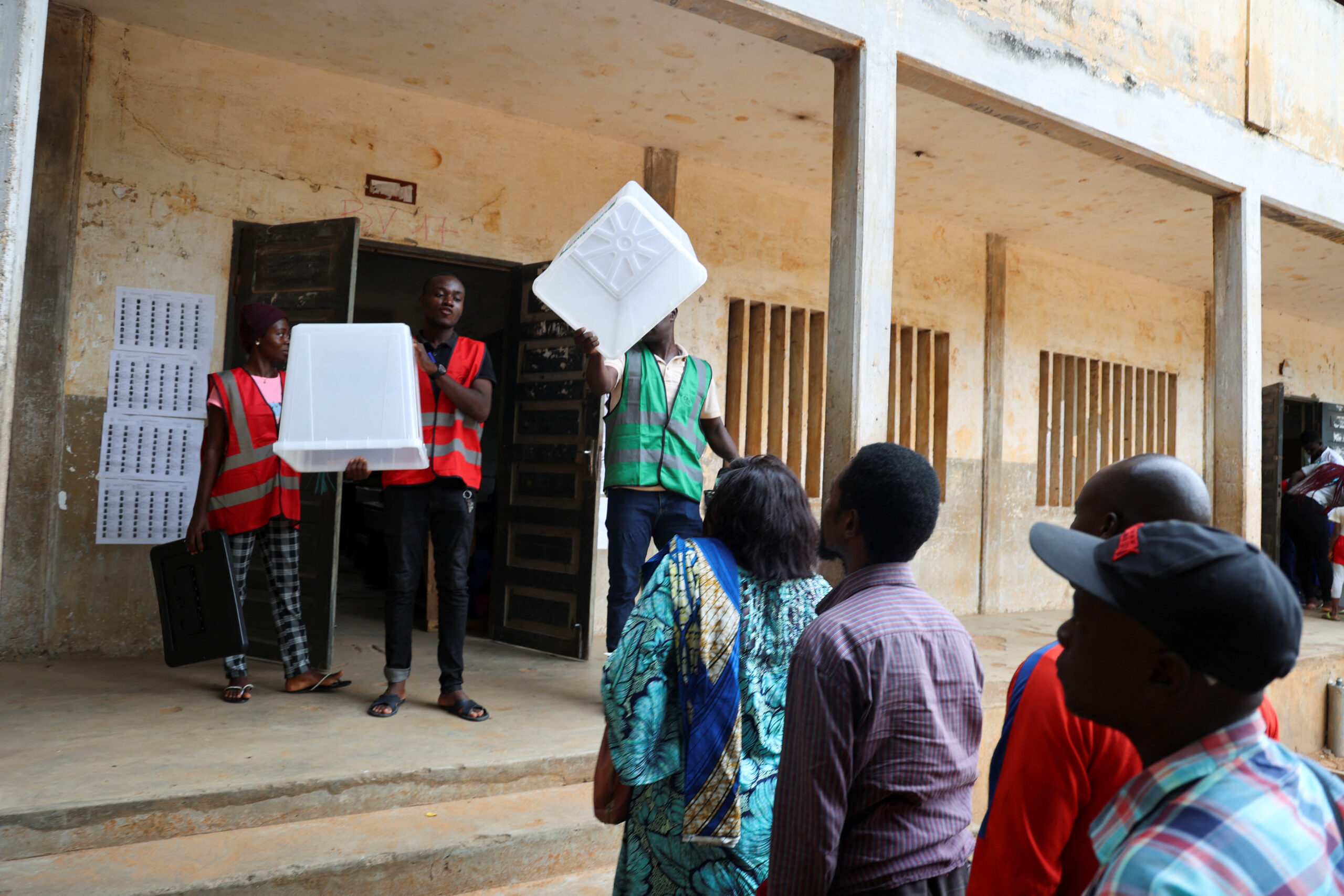
Togo elects a new parliament with more authority over the government
Togo elects a new parliament with more authority overFollowing the incoming parliament’s acceptance of constitutional amendments that could prolong President Faure Gnassingbe’s 19-year rule, voting in Togo’s legislative elections began on Monday.
The president will be chosen by parliament rather than by popular vote under a new charter that was approved in March and establishes a parliamentary form of governance.
Although the new constitution states that the parliament will appoint a position described as president of the council of ministers, who will have extensive authority to manage the government affairs of the coastal West African nation, specifics regarding the assembly’s election of the head of state are still unknown.
Due to criticism from certain opposition groups who said the constitutional amendments were a ploy to give Gnassingbe lifelong power, the vote on Monday had been postponed twice.
Out of 2,352 candidates, over four million people are registered to vote for 113 parliamentarians. The polls opened at 7:00 GMT, and preliminary findings are anticipated on Tuesday.
“I have great hopes for the nation’s progress and tranquility. After voting in the nation’s capital, Lome, Parfait Akakpo declared, “Those who are elected must abide by this.”
Numerous voters expressed disorganization with the procedure.
“I cast my vote, but some people’s names were missing from the register,” stated Klevor Edoh Firmin from Lome.
“Older folks are being transferred here and there. They shouldn’t have to endure suffering.”
After boycotting the previous legislative election, which effectively gave Gnassingbe’s UNIR party control of parliament, opposition groups are vying for seats in order to take on the party. A few opposition contenders reported possible fraud.
“While there is little chance of an opposition winning, voting irregularities and a dispute over the election are more likely,” stated Mucahid Durmaz, Senior West Africa Analyst at risk intelligence firm Verisk Maplecroft, in a note.
Years have passed during which the Gnassingbe family has faced opposition in Togo. In order to replace his father, Gnassingbe Eyadema, who assumed government in a coup in 1967, the president was first elected in 2005.
As under his father’s leadership, police crackdowns on political protests have been commonplace under Gnassingbe, who was reelected in a 2020 victory that the opposition contests.
A second legislative vote earlier this month unanimously adopted constitutional modifications that lowered presidential terms from five to four years, with a two-term restriction.
This does not account for the time that Gnassingbe has already served in office, which might let him to hold onto office until 2033 if he is re-elected in 2025, the year when his mandate ends.
All Categories
Recent Posts
Tags
+13162306000
zoneyetu@yahoo.com



